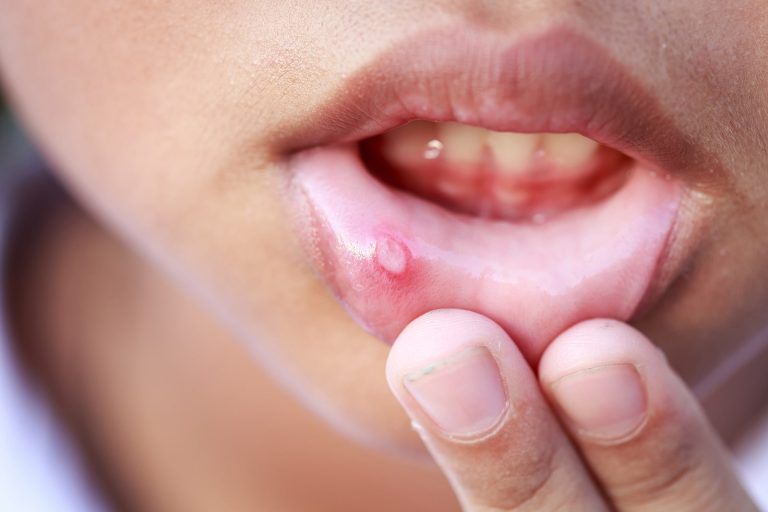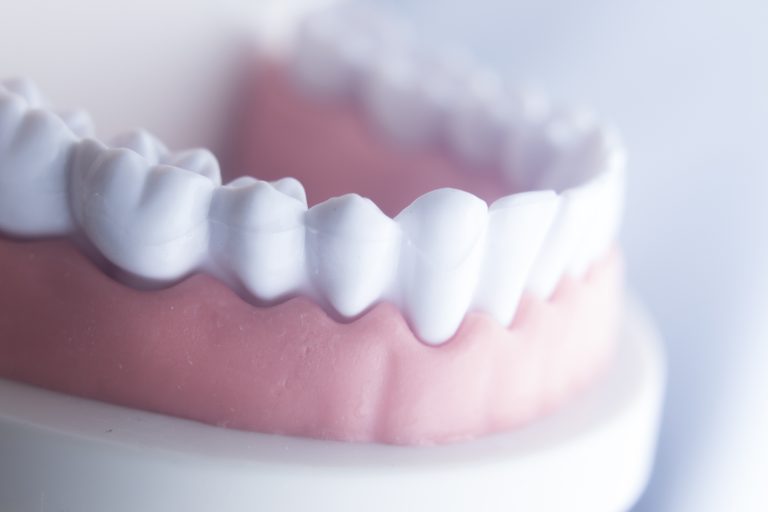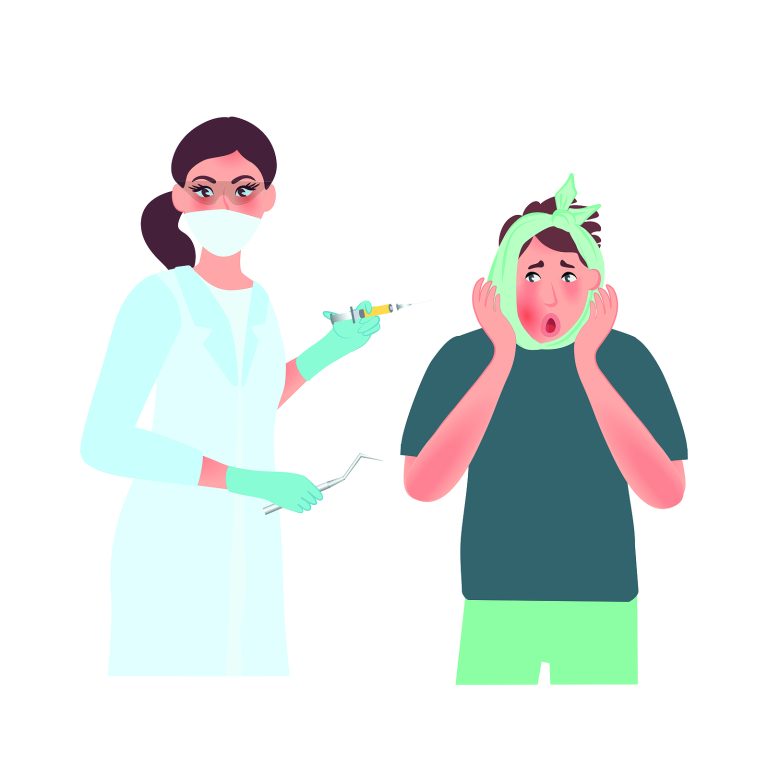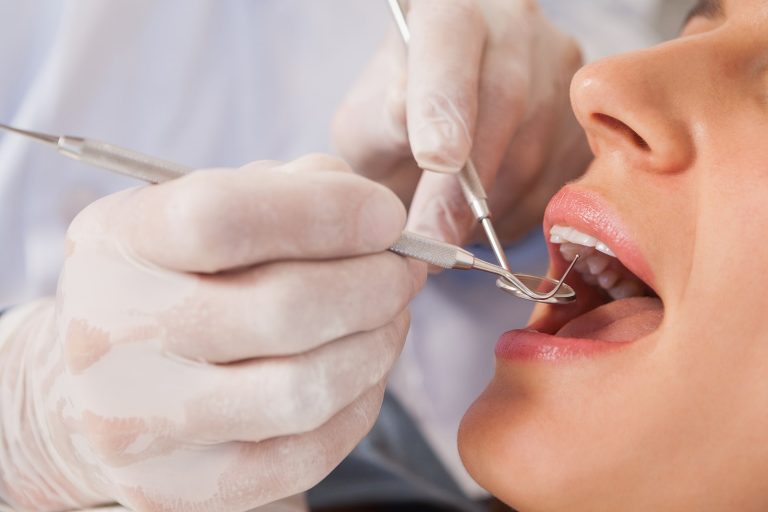One of the most commonly prescribed antibiotics for tooth infections and abscesses is amoxicillin. However, as amoxicillin is a type of penicillin, which means it’s derived from the fungus Penicillium, this means it is unsuitable for anyone who has a penicillin allergy.
If you are one of the six per cent of people in the UK who have a penicillin allergy on your medical record, don’t worry. There are still effective antibiotics you can take for oral infections.
However, it is worth getting tested by a doctor to find out whether you truly do have a penicillin allergy. The Royal Pharmaceutical Society revealed that over 90 per cent of people who stated they had a penicillin allergy were found not to be allergic at all when they were properly tested.
The organisation noted that sometimes common side effects of the antibiotic – such as diarrhoea or nausea – were misreported as an allergic reaction, while in other cases allergies listed from childhood may have settled and no longer be an issue.
Of course, there are still many people who have a penicillin allergy, in which case the following antibiotics are some of the most likely alternatives to be prescribed by your dentist:
- Metronidazole
- Clindamycin
- Doxycycline
Can I take metronidazole if I’m allergic to penicillin?
Yes, you can. Metronidazole is one of the antibiotics recommended by the National Institute for Health and Care Excellence (NICE) as an alternative for those with a penicillin allergy.
It can be taken either in tablet or oral solution form. If you prefer one form of medication over another, talk to your dentist about the options when you have your appointment. Metronidazole is used to treat infected gums and dental abscesses in the context of oral health.
It can also be prescribed for non-oral conditions like skin infections, bacterial vaginosis and pelvic inflammatory disease.
Can I take clindamycin if I am penicillin-allergic?
While it’s not recommended that clindamycin is used routinely for treating dental infections, it is an alternative that is appropriate for those with a penicillin allergy.
When it’s prescribed by dentists, the antibiotic will come in capsule form. You will need to take the capsule with a full glass of water. One of the most common side effects of this medication is diarrhoea – if you develop this while taking clindamycin, discontinue its use and speak to your dentist immediately.
Can I have doxycycline if I have an allergy to penicillin?
Yes, doxycycline is suitable for those with an allergy to penicillin. However, its use by dentists is limited. Typically, you will only be prescribed doxycycline for gum infections like periodontitis.
Doxycycline is available in both capsule and dispersible tablet form, which means that the tablets are soluble in water and can be consumed as a solution. It’s important to take doxycycline at the same time each day if possible. If you’ve been prescribed capsules, make sure you take them with a full glass of water.
How can I tell if I have a penicillin allergy?
The symptoms of a penicillin allergy are the same as for other allergies you might have, such as to bee stings or nuts. In some people, the symptoms are relatively mild such as a rash on the skin that develops within hours or a couple of days of taking penicillin.
Those who are severely allergic, will go into anaphylaxis within minutes of taking the drug. This will usually involve a widespread and itchy rash, breathing difficulties, swelling and potentially collapse.
Of course, you don’t want to test this when you’re already not feeling well due to a tooth infection. So, how can you find out if you are allergic to penicillin?
Hospitals in the UK offer a simple test, whereby you take a small oral dose of penicillin under close medical supervision. It’s important to note that hospitals will only offer this test after discussing why you were previously considered allergic to penicillin and determining that you may have been misdiagnosed with an allergy.
It’s also important to note that only one in 10,000 people in the UK experience the most serious form of allergy to penicillin that leads to anaphylaxis. Approximately one in 100 people have a genuine allergy to penicillin, but as many as one in ten people in the UK have either been told or assumed they have a penicillin allergy.
While there are alternative dental antibiotics available in the UK to treat the likes of tooth infections and abscesses, penicillin-based antibiotics are often considered the most effective. Therefore, if you’re unsure of whether you truly are allergic to penicillin, it is worth getting tested to find out.







